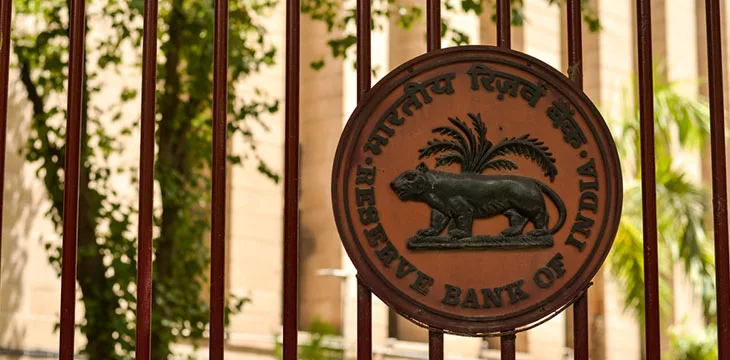|
Getting your Trinity Audio player ready...
|
The Reserve Bank of India (RBI) has urged financial technology firms to build a self-regulatory organization (SRO) to guide the sector’s operations to achieve innovation and consumer protection.
RBI Governor Shaktikanta Das revealed the central bank’s position at the Global Fintech Festival 2023, noting that an SRO offers the best route for regulating fintechs. Das pointed out that establishing an SRO will build trust among industry participants and investors while preventing stifling rules from regulatory agencies.
“I would like to use this opportunity to urge and encourage the fintechs to establish a self-regulatory organization or SRO. From the Reserve Bank, we are willing to engage with you,” said Das.
The central bank executive noted that while regulatory agencies can force compliance with laid down regulations, the bulk of the work lies in the hands of fintechs. Das urged firms in the space to uphold high levels of governance in line with global best practices to weed out bad actors in the ecosystem.
“The most critical role, however, has to be played by fintech themselves,” said Das. “They must proactively adopt high standards of governance.”
The banking regulator added that the SRO will give fintech firms a voice to air their grievances with the payments system while lessening the regulatory burden on the central bank. Das expressed hope that the industry will be able to float the SRO before the end of 2024, hinting at an even faster launch date.
While the exact direction of the SRO remains unknown, it is expected that fintechs will be interested in self-regulating on several key issues, including cybersecurity, risk management, data privacy, and market integrity.
Indian fintech firms have previously undergone a rough patch following the public uproar following the spread of illegal loan apps in the country. The loan apps, discovered to be Chinese entities operating in India without licenses, charged sky-high interest rates and utilized coercion tactics to recover debt.
Das warned that to avoid repeating the illegal loan app tragedy, fintechs have to seize the initiative to establish minimum operating standards for themselves.
Aligning with RBI’s Web3 vision
With the RBI conducting its pilot into a central bank digital currency (CBDC), the banking regulator has confirmed its intent to onboard fintechs to improve the adoption levels of the digital rupee.
However, the RBI has stiffly resisted attempts by fintech to include digital currencies in their offerings. In 2018, the RBI banned commercial banks from facilitating digital currency transactions, leading to a lengthy legal battle that ended with the Supreme Court setting aside the ban.
At the time, the central bank warned that digital currencies were akin to gambling and prone to wild price swings, amplifying investors’ risk of losing their fortunes.
Watch: Web3 is natural progression of technology

 09-15-2025
09-15-2025 





